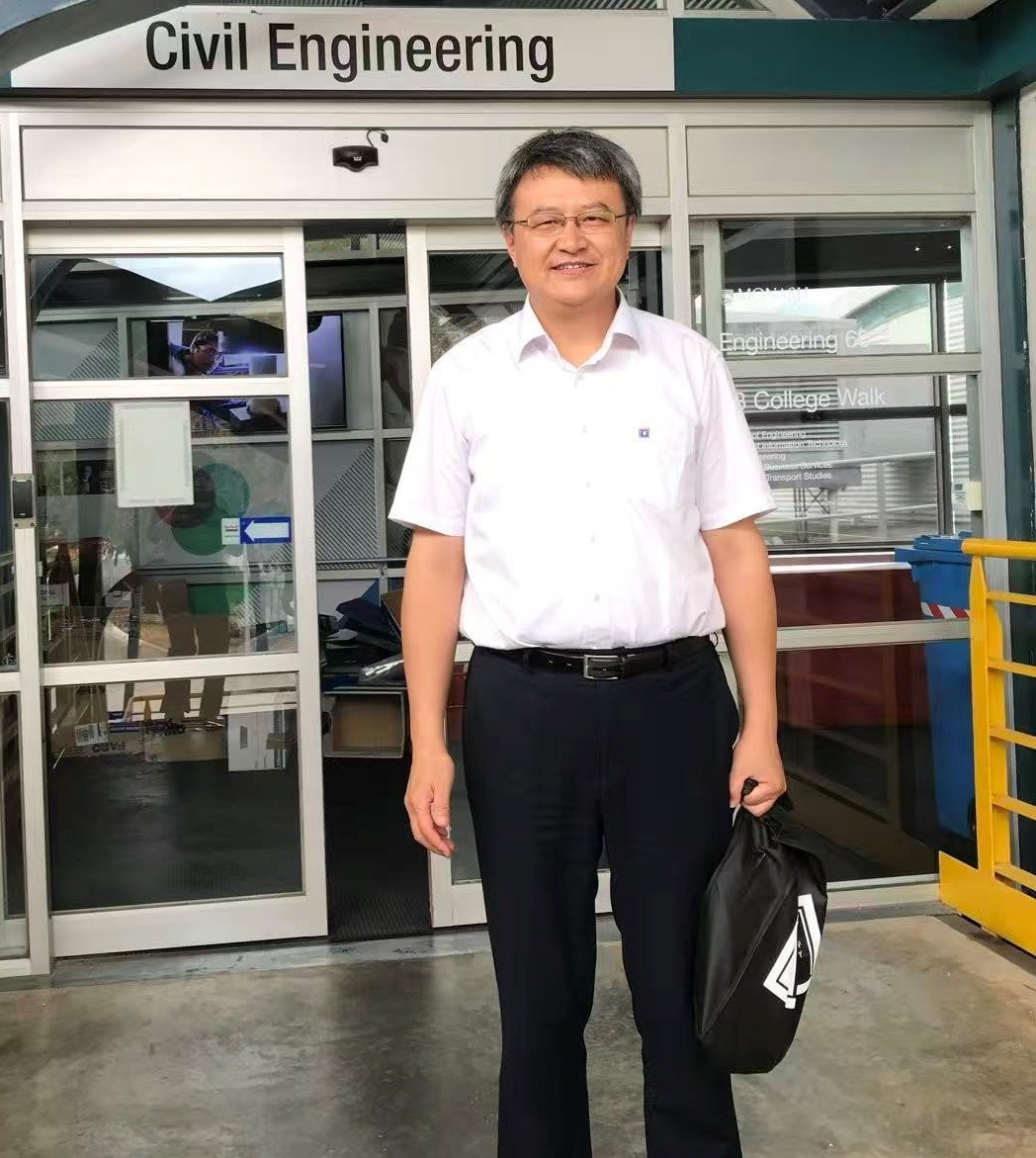 何政
何政

|
个人信息Personal Information
教授
博士生导师
硕士生导师
主要任职:Professor
性别:男
毕业院校:哈尔滨工业大学
学位:博士
所在单位:土木工程系
学科:结构工程. 工程力学
办公地点:大连理工大学综合实验4号楼312室
联系方式:
电子邮箱:
Seismic Collapse Performance of Jacket Offshore Platforms with Time-Variant Zonal Corrosion Model
点击次数:
论文类型:期刊论文
发表时间:2021-02-01
发表刊物:APPLIED OCEAN RESEARCH
卷号:84
页面范围:268-278
ISSN号:0141-1187
关键字:jacket offshore platform; corrosion; zonal corrosion model; the time-variant effect; collapse safety margin; reserve strength ratio
摘要:Corrosion of offshore platforms is inevitable. In an ocean corrosion environment, the strength of a platform is weakened greatly. When simultaneously subjected to earthquakes or other extreme loads, the ultimate bearing capacity of the corroded platform is dramatically reduced, resulting in compounded damage from both corrosion and earthquake. Thus, the influence of corrosion cannot be neglected in the seismic performance investigation of platforms. The commonly used corrosion model in platform design is uniform corrosion, and the corrosion rate rule for any parts or zones in a platform is the same. In real cases, however, there are significant differences between the corrosion characteristics in different parts of a platform. Based on theoretical aspects and measured data, a zonal time-variant corrosion model of a platform is developed for a seismic collapse performance investigation. The pushover and incremental dynamic analysis (IDA) methods are adopted here to calculate the collapse margin ratio (CMR), there serve strength ratio (RSR) and ductility coefficient (mu) that are frequently used for the safety reserve evaluation of a platform. The failure reason and collapse probability of platforms considering different service. periods are compared. The most prominent feature of the proposed time-variant zonal corrosion model is to capture potential switch of weak location and resulting failure path of corroded jacket offshore platforms although the proposed model needs further calibration by more reliable in-field measured data. As expected, corrosion can definitely cause a reduction in earthquake resistance of a jacket offshore platform, as well as ultimate deformability. The coupled effect between the time-variant vibration properties of the platform and the spectral characteristics of selected motions, the collapse-level spectral acceleration (SA) does not always decrease with increasing corrosion degree. The curves corresponding to normalized CMR and RSR agree very well with each other in the early corrosion development stage and service period beyond 30 years. Some distinct differences can be found during the two stages, with the greatest difference up to 10% for the example platform.
